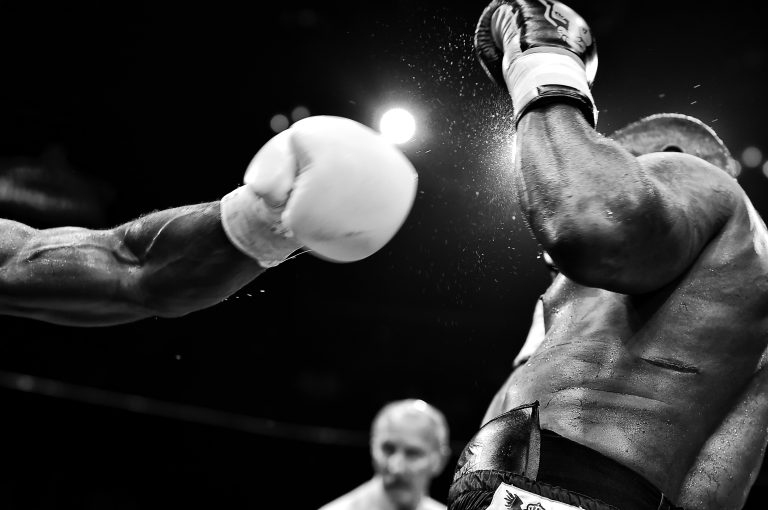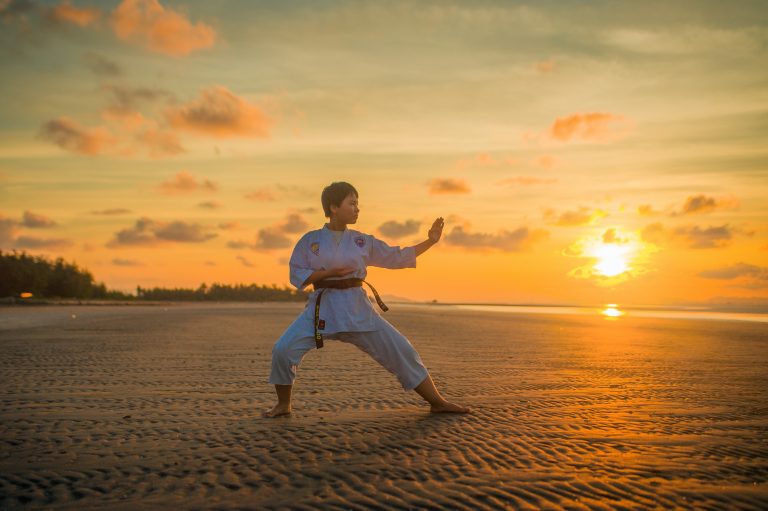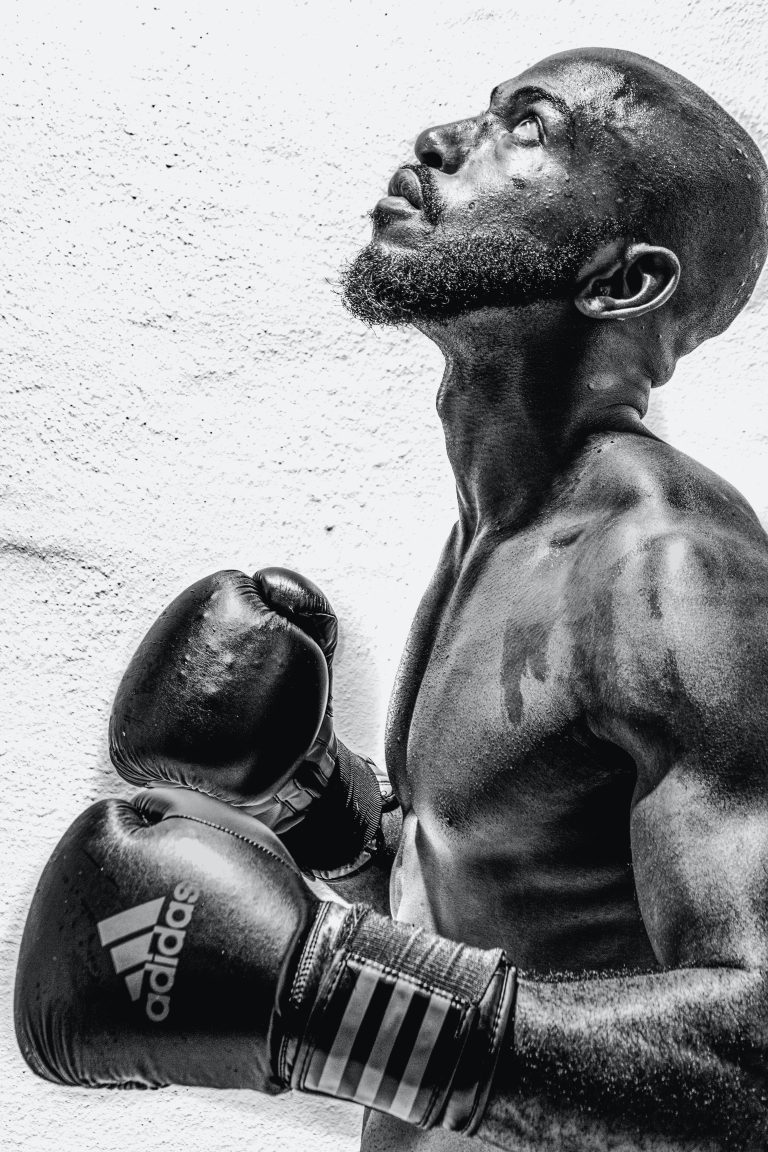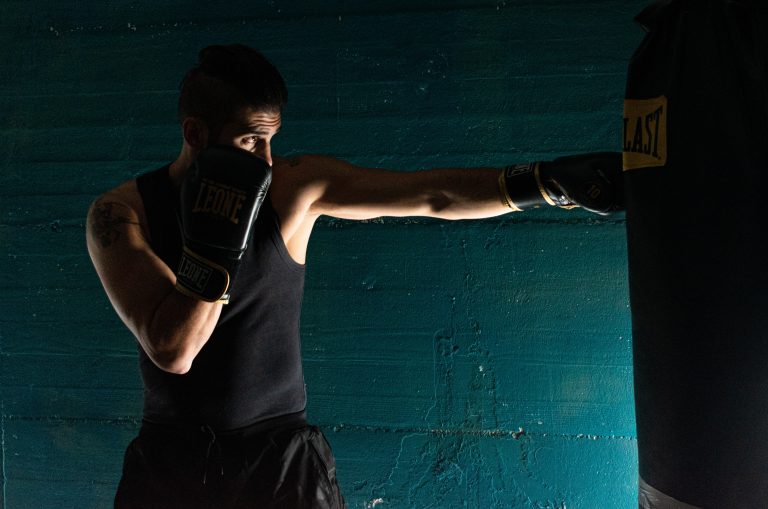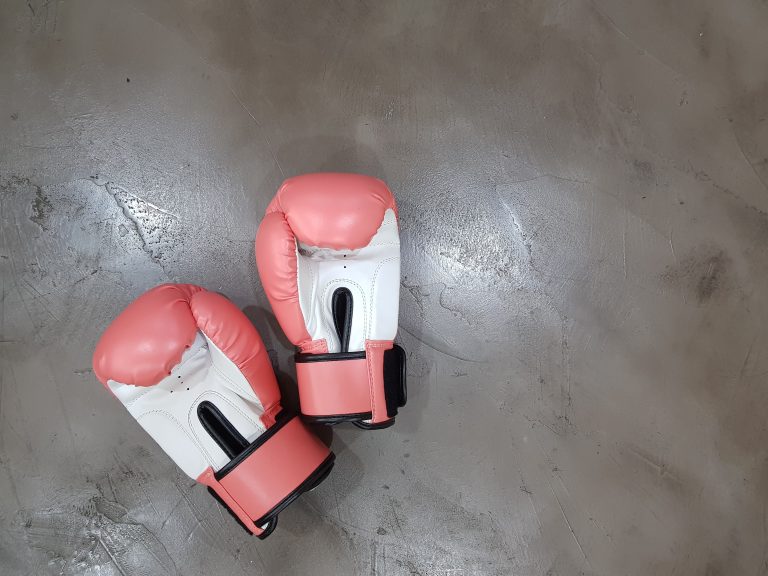Can Karate be a mental training?
Karate is a traditional Japanese martial art, and for many years, it has been renowned for its physical training benefits. The training in karate involves a variety of physical movements such as punches, kicks, and strikes that help to develop strength, mobility, and agility. However, karate offers more than just physical training. The philosophy of karate is deeply rooted in the concept of mental training. It aims to develop the mind as well as the body, making it an excellent form of mental training for individuals seeking to strengthen their emotional and mental capabilities.
What is mental training in karate?
As mentioned earlier, mental training is a central part of karate practice. Mental training refers to the practice of developing self-awareness, focus, discipline, and emotional control through the practice of karate. It involves a set of drills and techniques that help practitioners to cultivate a calm and focused mind.
The benefits of mental training in karate
There are several benefits to using karate as a means of mental training. Here are some of the main benefits:
- Improved focus: Mental training in karate emphasizes the need for practitioners to be present and fully engaged in their training. Developing this focus and concentration can help individuals in their daily lives as they face challenges that require their full attention.
- Emotional control: Karate training emphasizes the need for practitioners to remain calm and composed, even in stressful situations. This practice can help individuals to manage their emotions better and respond to stressful situations with more clarity and purpose.
- Increased self-discipline: Karate training requires a high level of discipline and self-control. Practitioners are taught to develop the discipline to stay committed to their practice, set goals, and push themselves to achieve them. This attribute can be beneficial in other areas of life, such as work, school, or personal relationships.
- Greater self-awareness: Through the practice of karate, individuals can learn more about themselves and their strengths and weaknesses. This knowledge can help individuals identify areas for self-improvement, making it easier for them to work towards their goals.
In conclusion
Karate is a martial art that provides both physical and mental training. The mental training aspect of karate can be of great benefit to individuals seeking to develop greater self-awareness, focus, discipline, and emotional control. With its emphasis on cultivating a calm and focused mind, karate is an excellent form of mental training that can help people to develop the mental and emotional tools they need to succeed in a variety of areas of their lives.
Can Karate be a Mental Training?
One of the aspects that makes martial arts, in particular karate, a popular form of physical discipline is because it involves both the body and the mind. The physical aspect of karate is apparent with the powerful kicks and punches, but many would argue that the most crucial aspect of karate is the mental discipline that it requires. In this blog post, we will explore the most frequently asked questions regarding the potential for karate to be used as a form of mental training.
What is Mental Training?
Mental training is a concept that is commonly associated with elite athletes and is defined as the process of strengthening an individual’s psychological abilities to enhance their performance. Mental training can be beneficial in many different areas of life and can help individuals manage stress, overcome mental health challenges and increase their overall well-being.
What Role Does Mental Training Play in Karate?
Karate is a martial art that places a particular emphasis on discipline, focus, and mental fortitude. While the physical aspects of karate are essential, the mental process of karate is equally important. Karate involves rigorous training, which can help individuals develop resilience, overcome personal obstacles, cultivate mental discipline, and restore a sense of mental balance.
What Are the Mental Benefits of Practicing Karate?
Practicing karate can have several mental and physical benefits, including:
1. Reduced Stress Levels
By practicing karate, individuals can learn to manage their stress levels effectively. Karate requires an immense amount of focus, which can help individuals feel more centered, calm, and able to navigate stressful environments better.
2. Enhanced Mental Discipline
Karate requires significant mental discipline, and by training regularly, individuals can cultivate this behavior, which can help them in their daily lives. Through consistent training, karate students learn to manage their emotions and impulses better, become more organized, and stay focused on their goals.
3. Improved Self-Confidence
Karate training can help individuals feel more confident, as they continue to develop new skills and abilities. This newfound confidence can spread into other areas of their lives, such as personal relationships and career goals.
4. Emotional Healing
Karate training can help individuals process and heal from emotional experiences. Many practitioners have found that training in karate has helped them overcome difficult life experiences, such as trauma or addiction.
What Practices in Karate Aid in Mental Training?
The following practices in karate can aid in mental training:
1. Meditation
Many karate schools incorporate meditation practices into their training programs. Meditation can help individuals increase their focus, reduce stress, and cultivate more significant mental clarity.
2. Visualization
Visualization is a practice that involves imagining oneself performing a technique or skill correctly. This practice can be beneficial in developing an individual’s mental discipline, as well as their ability to perform advanced techniques.
3. Breathing Exercises
Breathing exercises are commonly used in karate training to help students regulate their emotions, stay focused, and increase their overall mental clarity.
What Are the Current Studies Regarding Mental Training in Martial Arts?
There is currently a limited number of studies regarding the effects of martial arts training on mental health. However, preliminary research suggests that martial arts training can have significant mental health outcomes. A study published in Psychology of Sport and Exercise found that practicing martial arts can increase an individual’s self-esteem and overall well-being.
Conclusion
Karate is not just a physical discipline, but it is also an excellent form of mental training. Through rigorous practice, karate students learn essential mental skills such as emotional regulation, discipline, focus, and mental resilience, which can have a positive impact on many areas of their lives. By implementing practices such as meditation, visualization, and breathing exercises, karate schools can help students continue to develop their mental discipline and well-being. With further research, it is possible that martial arts training could be used more widely as a form of mental health intervention.
Inhaltsverzeichnis

